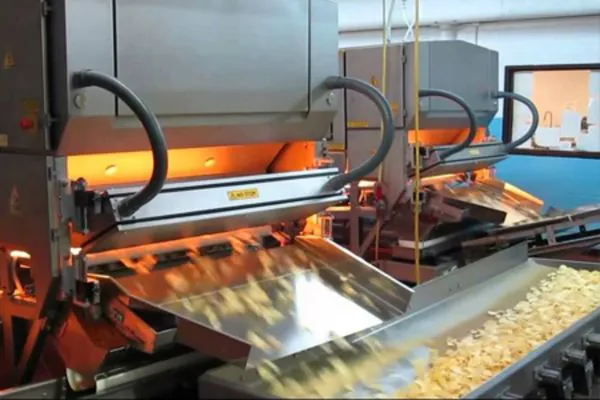After a 2022 year marked by growth in Egypt's agricultural machinery sector, estimated at 25-30%, investment stagnated early this year due to economic push-backs. Ahmed Heiza, general manager of Misr Vision, an Egyptian distributor of agricultural machinery, describes the situation.
To begin with, the devaluation of the Egyptian pound, which lost half of its value against the US dollar in only one year, has made the cost of investing in agricultural machinery, most of which is imported, prohibitive. "The devaluation has had a negative impact on Egyptian imports of agricultural machinery, especially on medium-sized companies that are more active in the local market. For producers who export their products, investments are limited, but they are still driven by global market demand," explains Ahmed.

The devaluation of the Egyptian pound is compounded by global inflation, with prices rising for the third year in a row, according to Ahmed: "Over the past three years, global challenges, from Covid19 to the war in Eastern Europe, have inflated the entire value chain for equipment manufacturers. Dramatic price changes and the unavailability of production inputs at certain times of the year have created fear and uncertainty in all markets. Agricultural machinery prices have increased at least 18% since January 2022 compared to January 2023."
This is causing immediately observable changes in the sector, favoring lower-cost technologies and second-hand machines, Ahmed adds. "European machines hold the largest share of the Egyptian market, such as Dutch, Italian, and Spanish machines, although this varies by sector. However, due to budgetary concerns, we are seeing Chinese and second-hand machines become more attractive. The option of second-hand European machines has also grown considerably in Egypt due to the changing climate in Europe and the sharp increase in energy prices, which forced some businesses to step out."
Some of the production is also being transferred to the local industry, although it remains limited, says Ahmed: "The technology transfer is sort of limited to cold storage, conveyor belts, simple washers, and basic packaging/filling machines, which are now manufactured in Egypt. I don't expect this to change soon, as the Egyptian market needs further development in manufacturing. Let's not forget that Egyptian machine producers are also affected by the same problems, as they also import parts and raw materials from the global market, and are also affected by currency fluctuations and brakes on imports and technology transfer."
For more information:
Mr. Ahmed Heiza
Misr Vision
Phone: +20 100 135 8567
Email: info@misr-vision.com
www.misr-vision.com
